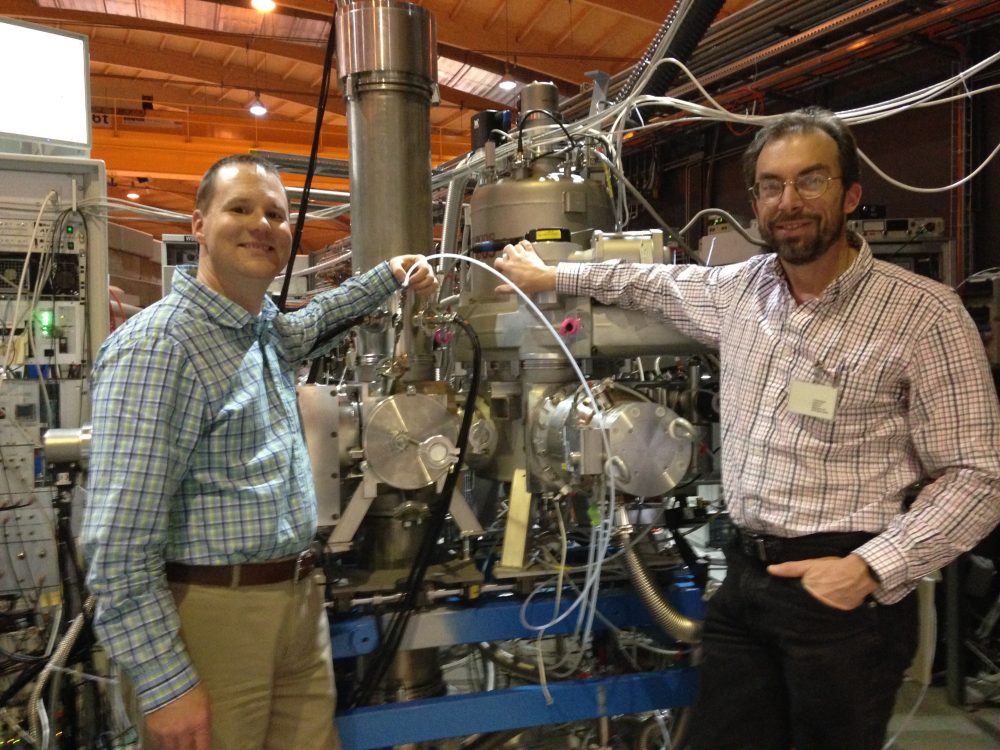Page • As an Office of Science collaborative research facility, a key aspect of the Combustion Research Facility’s mission is to encourage the direct involvement of individuals, or “collaborators,” from the scientific community. The CRF hosts many collaborators each year, who work side-by-side with staff researchers to develop new research methods and...
